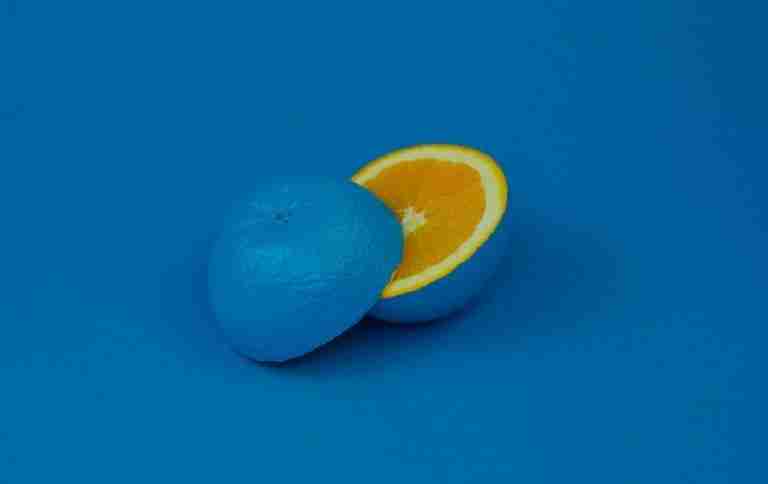That’s really good. And that’s bad. That’s ugly. And that’s pretty. I like that. But I hate that. That sucks. But that’s great. Our first instinct upon experiencing something, whether it’s hearing something, seeing something, or meeting somebody new, tends to be that of judgment. We are creatures of classification, often subconsciously fitting everything around us into an understandable compartment – judging quickly and efficiently has its purpose.
But is judging everything we experience the most beneficial initial response for our creative output?
Initial judgment can lead to learning nothing
I recently read the book Black Swan, by Nassim Taleb. The book discusses the simple idea that one rare event can have a huge unforeseen impact, and in hindsight, we tend to rationalize why it makes sense that it happened.
At one point, Taleb discusses a neuroscientist named Yevgenia Nikolayevna Krasnova and her book A Story of Recursion, that became an international best seller. Not knowing who she was, I of course googled her name instantly. Page after page, readers express their disdain for Taleb. “How could he possibly make up this character!?” and “I guess we can’t trust anything he says.”
Review after review of the book, people tear apart all sorts of things Taleb discusses, which made me stop and think. I learned quite a lot from the book; concepts that I can take and actually apply. I could throw out everything in the book because of my initial judgments about some of his content, or I could choose to extract the parts that really seemed to hit home; things that seemed interesting; things that made me question what I know currently and made me think.
But often our initial judgments are so strong, we let them trump anything we could have learned. And then it becomes about arguing a point instead of actually learning.
So much time is wasted arguing a point. Anyone can argue a point and anyone can support their point, no matter what they believe, with proper evidence because if you look hard enough, you can find something that will support your argument. The question is why? Why waste your time.
Initial judgment can be harsh. Imagine someone puts hour after hour into something. They rack their brain to create something new, to approach a problem in a new way, to express their own creative genius…only to receive, “I don’t like it.” I mindlessly make these comments all the time, oft forgetting that someone put dedication into producing the thing that I’m so quick to judge. It takes everything to build something great and absolutely nothing to cut something down.
Cultivating a new initial response
No matter how hard we try, we’re going to judge things, and there’s nothing wrong with that. Often you’ll like something or hate something and you just have no idea why. That’s okay. You really shouldn’t be expected to explain your tastes to anyone, just don’t be upset if they call you a fool.
I remember in a masterclass with Eric Alexander when I was a kid, he spoke to this point. He said something like, “You can listen to, like, and dislike any players you want. Some people don’t like Trane and that’s okay…I feel sorry for you, but that’s your prerogative.”
Do these people not like Trane or did they just not put in the effort to understand why people think he’s great? You must push off your initial judgment of things until you’ve given them a fair chance.
Instead of judging right away, think, “What’s interesting or different about this?” or, “What can I learn from this conceptually?” or, “What can I specifically extract from this?” or, “What can I take from this and make my own?”
You don’t have to agree or like everything somebody has produced either. For instance, I’m a huge Sonny Rollins fan, but to be completely honest, there’s a few records where I’m not as keen on his sound as others. Does that mean I discount anything that I could learn from him? Absolutely not.
And, even if you don’t like something, there’s still plenty to learn from it. You may not like 90% of it, but in that other 10%, were there any gems? This is often the case.
Being naturally drawn to some things and not others is a fundamental part of being human, but it’s a problem when our initial judgments of things gets in the way of our education. There’s so much to learn and if you’re like me, that’s one of the primary reasons you consume content. So why make things more difficult than they already are? It’s all there in front of you for the taking.
Stave off your initial judgments, change your vocabulary from “that’s good, bad, ugly, I like, I don’t like” to “That’s interesting, different, I could use that, I never thought of that before, or what can I extract” and you’ll be quite surprised how much more you can learn.










